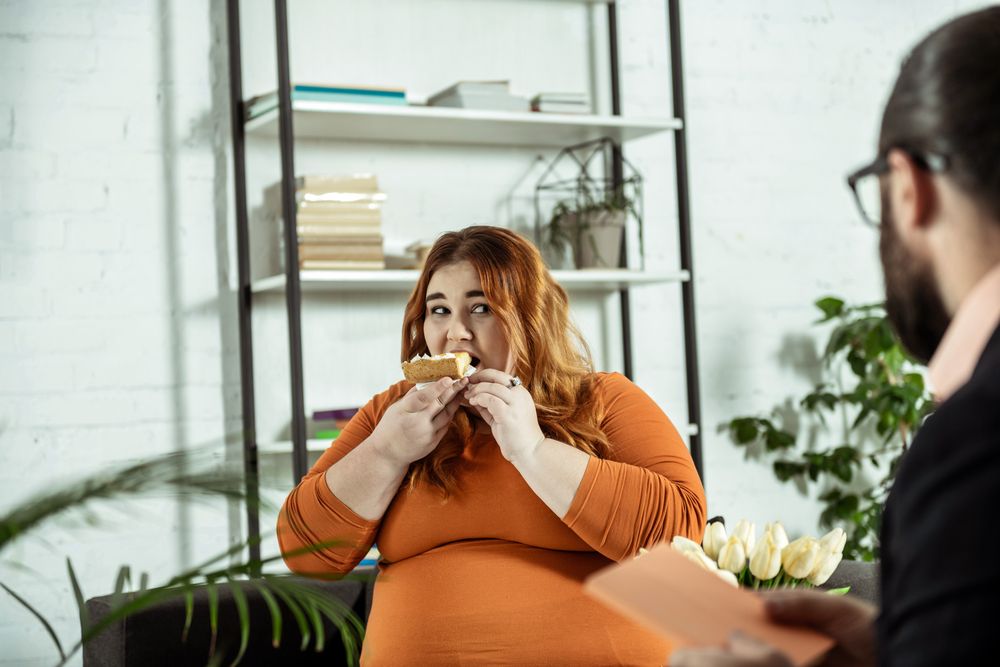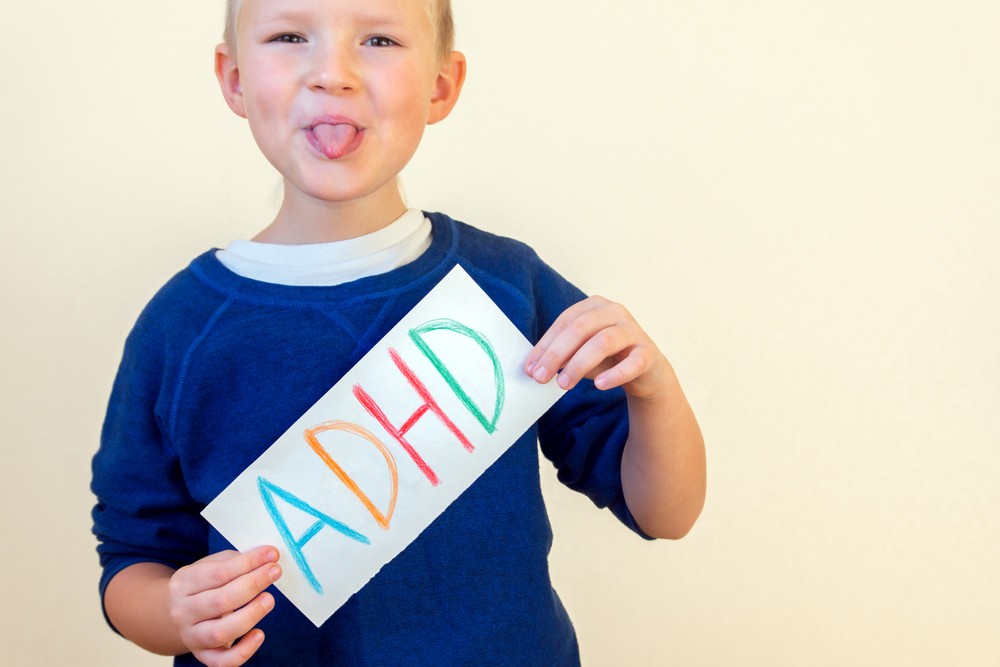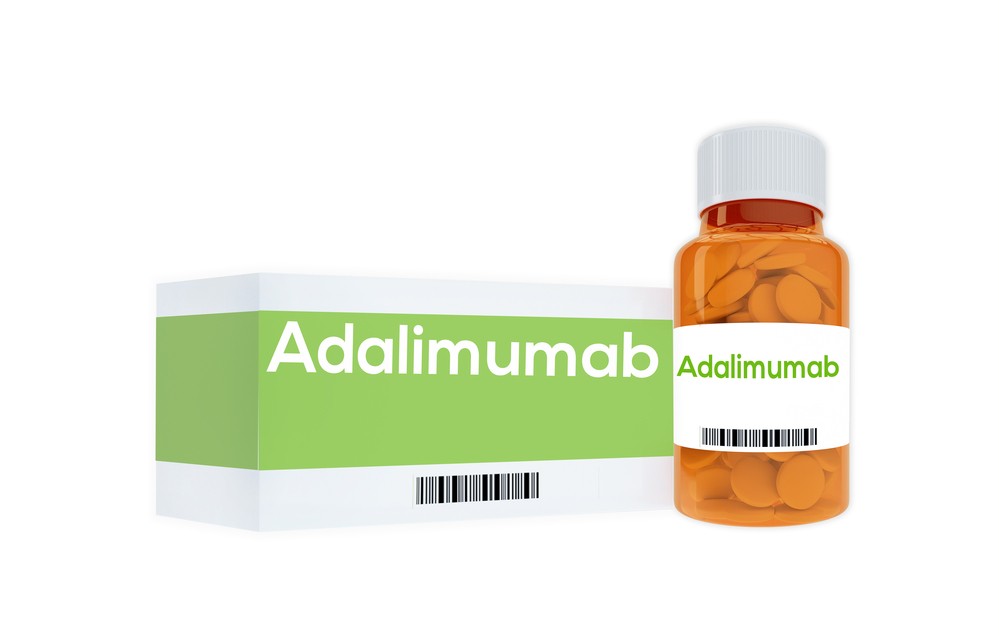
Risperdal and other Anti-Psychotics are being prescribed for Babies and Toddlers
 The New York Times recently reported that many very young children, even babies, are getting prescriptions for strong anti-psychotics like Risperdal (TM) (risperidone) (“Still in a crib, yet being given Anti-psychotics.” ) The New York Times reports:
The New York Times recently reported that many very young children, even babies, are getting prescriptions for strong anti-psychotics like Risperdal (TM) (risperidone) (“Still in a crib, yet being given Anti-psychotics.” ) The New York Times reports:
“Almost 20,000 prescriptions for risperidone (commonly known as Risperdal), quetiapine (Seroquel) and other antipsychotic medications were written in 2014 for children 2 and younger, a 50 percent jump from 13,000 just one year before, according to the prescription data company IMS Health. Prescriptions for the antidepressant fluoxetine (Prozac) rose 23 percent in one year for that age group, to about 83,000.”
This is alarming!
To a child psychiatrist like me, this trend is really alarming. It is a mystery to me why some doctors think that drugs are acceptable for very young children. Nobody has studied and approved these drug in such young children. These drugs may affect children’s development. The side effects are unknown.
You have safer alternatives
Instead of prescribing very strong, potentially dangerous drugs like Risperdal, doctors and health care providers should first recognize that sometimes even normal kids have tantrums. Kids need to learn to communicate effectively. For some babies and toddlers, crying is how they communicate until they learn other ways. For kids who have tantrums that are beyond the normal, parents and their doctors should be working on behavioral techniques long before such drugs should even be considered. If the behaviors are out of control, the practitioners should refer these children to child psychiatrists. Child psychiatrists like myself are trained in how to use drugs for children and to know when they are appropriate and when they are not appropriate.
Families and their doctors should also ask why young children even have such difficult behavioral problems that drugs like Risperdal seem like a good idea. In my experience, many of these difficult behaviors arise after a child has taken antibiotics. As I explain on another page about anti-yeast treatment, antibiotics kill the “good bacteria” in the gut and make room for the yeast Candida albicans to grow. The yeast then make all kinds of toxic chemicals can affect behavior and development. These chemicals include very toxic alcohols and other chemicals which are considered nerve poisons. I have treated many very young children with anti-yeast treatment, which mainly includes changing diet and giving a non-absorbed, safe medication called nystatin.
The medical community does not often consider Candida albicans in the gut as a cause of behavior problems. However, it is very easy for parents to see if therapy for Candida albicans would be helpful for their children by experimenting with changing their foods. I recommend first starting with taking away vinegar and malt.
I also use other non-harmful treatments, including homeopathy.
Contact me
The New York Times reports that there are only 8,350 child psychiatrists in the US. I am one of those, and would be happy to see you. I also do Telemedicine in some states. Please contact me.







